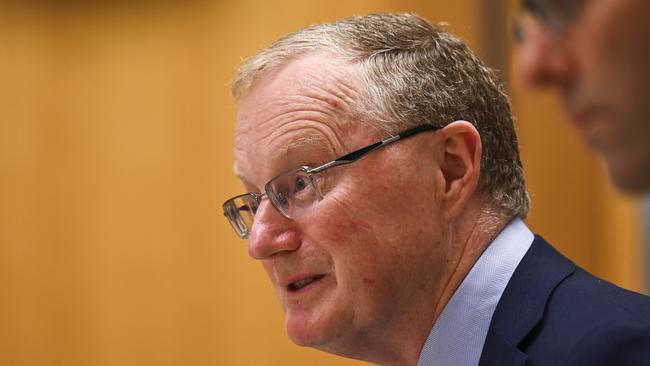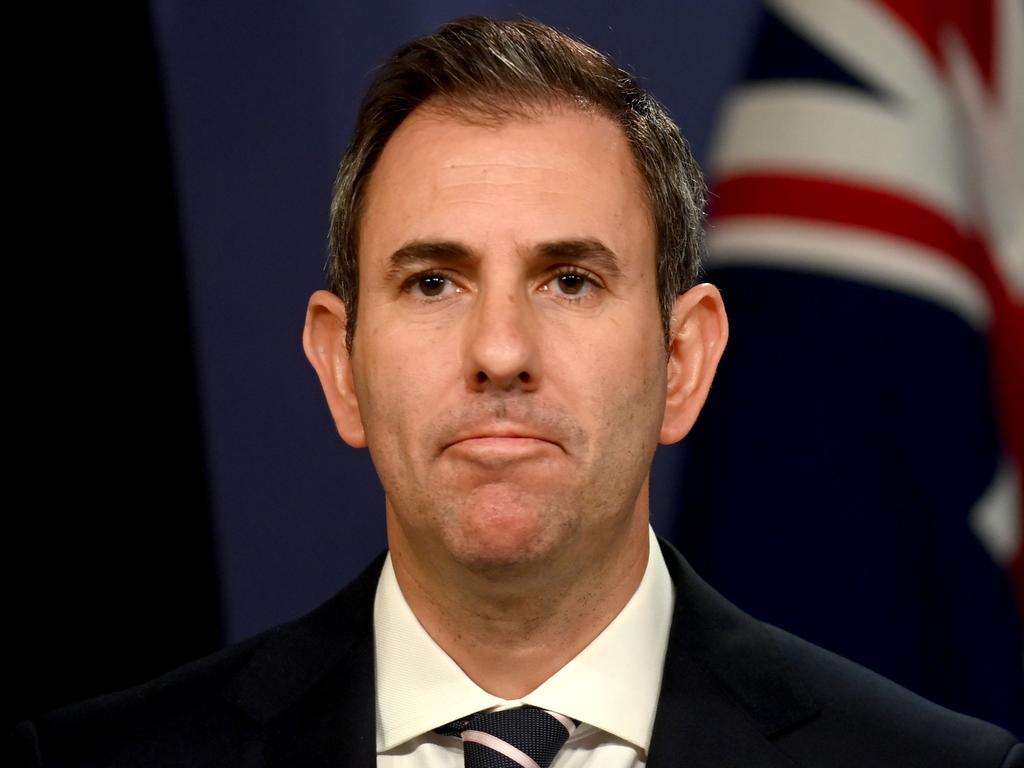Heavy-handed industrial relations intervention will choke productivity

The recently released National Accounts confirmed that productivity went backwards in the March quarter and the past year.
Productivity Commission chair Michael Brennan says our productivity levels are the worst they have been in 60 years, with average annual labour productivity growth falling to 1.1 per cent in the last decade. Treasury has reduced the productivity assumption underlying its annual forecasts from 1.5 per cent to 1.2 per cent.
Reserve Bank governor Philip Lowe has been increasingly vocal about the dangers of wage rises in the absence of productivity gains, warning such rises will simply trigger inflation. With wages rising and productivity falling, he has acted by raising interest rates.
Now the low productivity problem has been well and truly identified by our top economic officials, the question is what to do about it.
Some commentators seem resigned to a view that basically not much can be done in the short term, that really the only levers the government can pull will only impact over the medium and long term. It is important to nip this fatalism in the bud and understand there are significant advances in productivity that can be made with very rapid impact, some without even a cost to the budget.
Let’s take the example of reform of the industrial relations system. Getting our industrial relations arrangements right is critical to every employer and employee in Australia, and the overall impact on the economy of getting the settings right or wrong is enormous.
It is well known Australia has one of the most complex industrial relations systems in the world. It imposes huge rigidities and costs, and leaves far too little scope for employers and employees to reach mutually agreeable outcomes. The lack of flexibility is a constant drag on investment, and lower investment, of course, means lower wages for Australians.
Worryingly, the direction of travel in industrial relations is getting worse, not better. The government has now legislated multi-employer bargaining designed to drag employers into less flexible arrangements.
The Productivity Commission has warned of the significant downside risks of multi-employer bargaining, noting a “one-size-fits-all” approach to wages and conditions could prevent productive businesses from attracting higher-productive workers, “discouraging the pursuit of firm-level and economy-wide productivity improvements”.
The government is now looking to legislate further changes in the second half of the year in a second wave of centralising changes. With the target areas being labour hire, casual workers and “employee-like” contractors, the common theme is to further reduce flexibility and impose yet more government controls on the economy.
The thrust of these changes is the opposite direction to the one Australia needs to be travelling. For Australia to compete in the modern world it can no longer afford these ubiquitous heavy-handed interventions.
Australia needs a modern, flexible system that allows a huge variety of business types and models to innovate and swiftly adapt to different markets and conditions. We simply can’t do that with government forcing businesses into more and more one-size-fits-all settings for wages and conditions. The government may not like the warning messages being sent by the Reserve Bank and the Productivity Commission, but the hard economic data can no longer be ignored.
The government would do well to rethink its centralising approach to industrial relations, hit the pause button on the next wave of changes, and consider the enormous dynamism it could quickly generate in the economy with more flexible settings.
David Alexander is chief of policy and advocacy at the Australian Chamber of Commerce and Industry.







Our top economic policymakers have been ringing the alarm bells for some time about Australia’s poor productivity performance. We are simply no longer producing goods and services efficiently enough to run a healthy growing economy and maintain our standards of living.